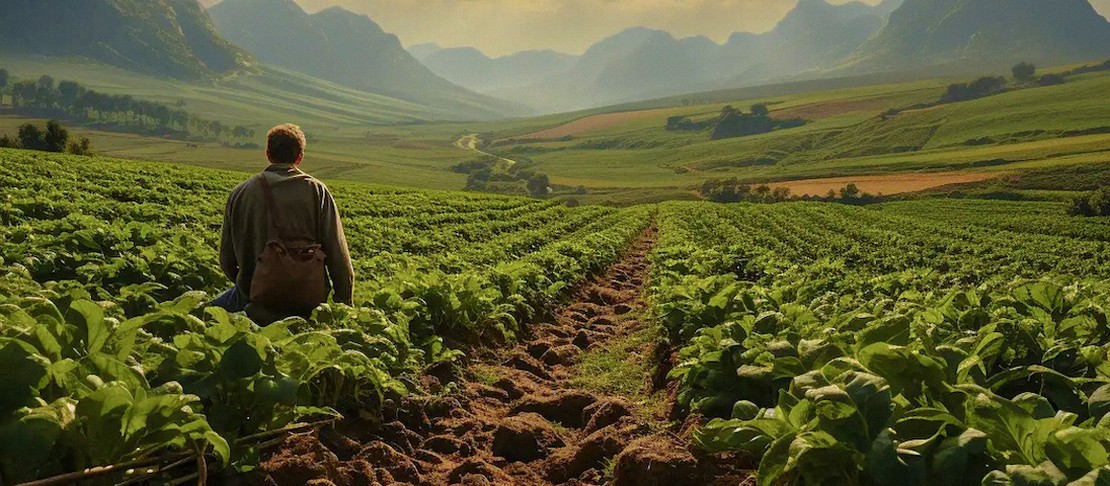
Missions
As part of legislation passed by the Federal Parliament, the Confederation recently granted RESINT a formal] mandate to support the relevant authorities in addressing, mitigating, and rectifying the impacts of] the following logistical hazards:
- Natural resource scarcity (e.g. clean water, wood, sand, helium, phosphorus])
- Food shortages (e.g. cereals, oilseed, soy)
- Raw material dependencies (e.g. rare earth elements)
- Synthetic product dependencies (e.g. artificial enzymes, antibiotics, variant-specific vaccines)
- Technological dependencies] (e.g. satellite communication systems, ASIC semiconductors)



